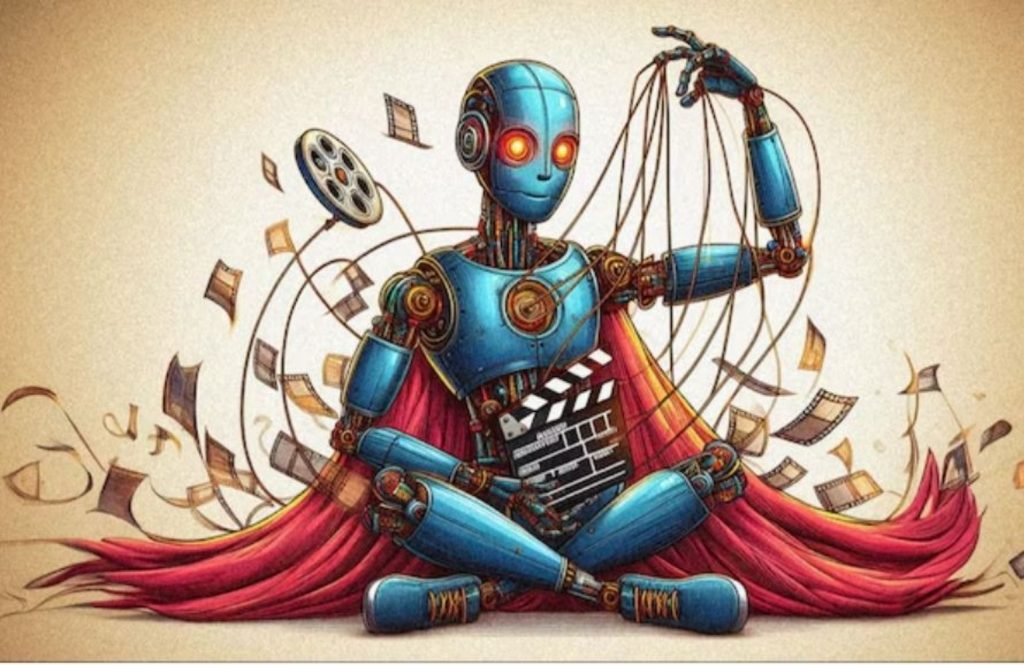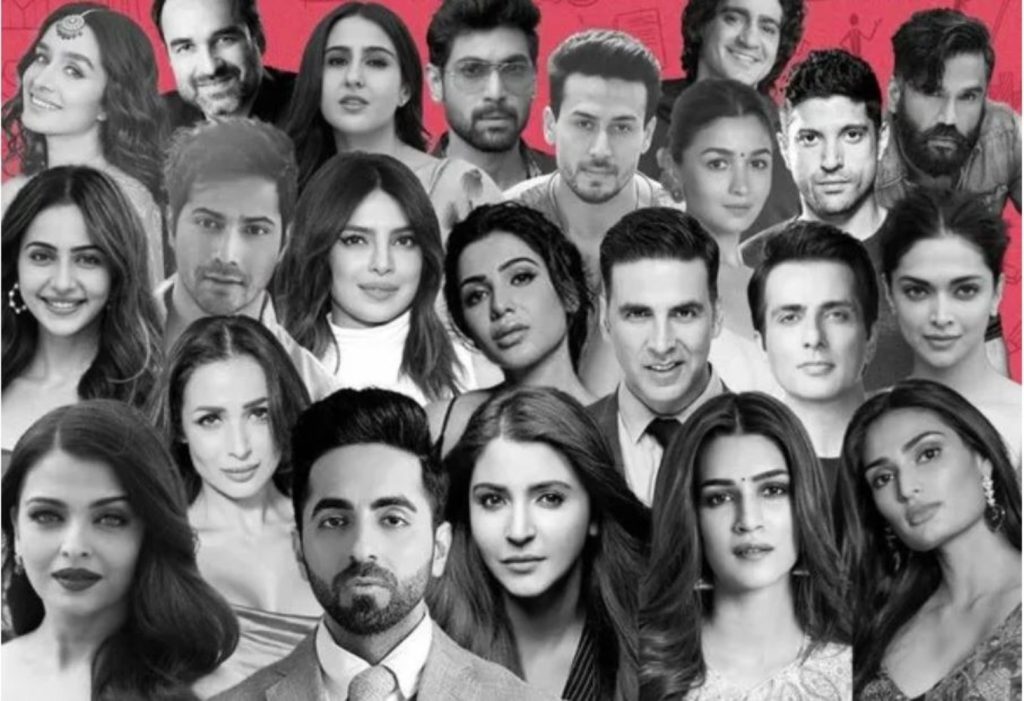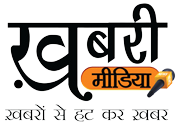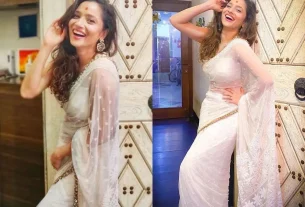Many are scrambling to find ways to protect rights to their public identity, appearance and intellectual property.

In the realm of Bollywood, the allure of glitz, glamour, and timeless storytelling has captivated audiences worldwide for decades. However, as the digital age marches forward, a new storm is brewing on the horizon—one fueled by artificial intelligence (AI) that threatens to reshape the very landscape of India’s iconic film industry. To subscribe please click tau.id/2iy6f and access our live channel.
MUST READ: AI Unveils Voice Engine Technology
AI & Entertainment
From production processes to the portrayal of characters, the advent of AI technology brings both promise and peril, challenging traditional norms and raising critical questions about jobs, identity, and rights within Bollywood.
With the onset of Artificial Intelligence (AI), every industry on planet Earth is spending enormous time and energy on assessing what lies ahead – dreamland or catastrophe? The entertainment sector is no different and those living on their innate talent are particularly unnerved about their future.
In a reflection of growing worries among entertainment workers, a group of global singing sensations including Katy Perry, Zayn Malik and Billie Eillish wrote an open letter to AI developers, tech companies, platforms and digital music services to stop AI’s use that devalues music and infringes upon the rights of human artists.
Signed by 200 artists under the banner of the US advocacy group ‘Artist Rights Alliance’, the letter accused tech companies of using their work without permission to train AI models. Reflecting the global concerns that AI-generated sounds and images have emerged as a threat to artists’ ability to protect privacy, identities, music, and livelihoods.

Bollywood Threatened
Several Bollywood personalities have voiced their concerns over the potential harm that AI could bring to industry workers and their intellectual properties. A few months back, Bollywood megastar Amitabh Bachchan said he feared losing control over his likenesses.
Violations and infringement of intellectual rights are already being reported. One such case is of Vijay Vikram Singh, the familiar voice behind ‘Bigg Boss’ and ‘Indian Idol’. In 2018, Singh signed a deal to lend his voice for training machines on text-to-voice technology. Six years later, he is preparing to sue the company for using his voice in ways that he did not intend to at the time of signing the deal.
Singh says rampant voice cloning often wades into unethical and illegal territory, harming the interests of artistes. “I’ve lost the right to my voice. They can use my voice and actually replace me completely.” He now realises that “the usages of my voice through that technology is unlimited ”.
VOICE CLONING
In the music industry, companies such as Splice, MusicFlow, and Soundraw are tapping into AI to streamline tasks like writing songs, creating beats, and even mimicking artists’ voices for singing. This has led to a sense of insecurity among music directors, composers and producers, audio engineers, voice artists and singers.
Ready-made models of politicians and celebrities like Prime Minister Narendra Modi, Rahul Gandhi, Arvind Kejriwal, Amitabh Bachchan, Salman Khan, Badshah, Sonu Nigam, and Asha Bhosle are already available on several platforms where users can get songs in their preferred voice in just a few clicks.
Many open-source platforms like ‘RVC Beta’ and tools let users train voice models of their choice. App providers are filled with applications offering to clone the voice of artists and celebrities. There are numerous tech platforms offering access to voice cloning technology for the common public for free.
Government’s Governance
In a reply tabled in the parliament in February this year, the Union ministry of commerce and industry said it was not mulling any proposal to create a separate category of rights for AI in the Indian Intellectual Property Rights (IPR) regime.
“The current legal framework in India is sufficient to protect Artificial Intelligence (AI) generated works and related innovations. The Copyright Act, 1957 grants copyright owners exclusive economic rights, requiring permission for commercial use of works generated by Generative AI,” it said.
Conclusion
While AI has the potential to revolutionize filmmaking processes and enhance creativity, its unchecked proliferation threatens to disrupt traditional norms and perpetuate inequalities within the industry. By embracing ethical principles and fostering collaboration, Bollywood can navigate the AI storm and emerge stronger, ensuring that innovation serves the collective interests of society while preserving the unique cultural legacy of Indian cinema.



